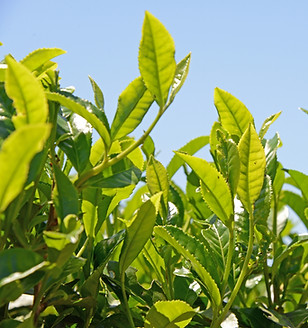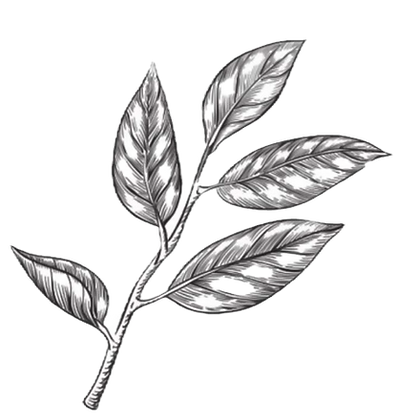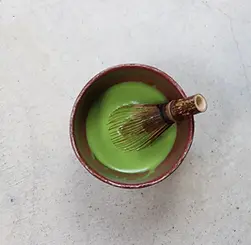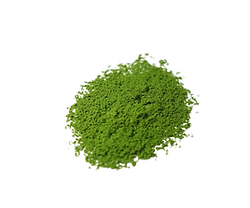
Japanese Tea and Healthy Benefits
Japanese Green tea Nutrition

13% Green tea polyphenols
35.2% Saccharinity
22.8% Protein
10.6% Dietary fibre
4.6% Fat
2.3% Caffeine
1.2% L-Theanine
10.3% Water, other
Benefits of Daily Use
Tea catechins are the generic name for eight types of catechins found in green tea, which account for about 80% of the polyphenols in green tea leaves.
Oral health

Various tests have shown that green tea catechins have the ability to inhibit the adhesion of dental plaque and are likely to have an effect on improving periodontal disease. The antibacterial properties of catechins inhibit the growth of oral bacteria.
Since the recognition of the bioactivity of catechins in contributing to oral care, the use of tea components in concept foods such as ‘cavity prevention’ has become universal in Japan.
Antibacterial and antiviral
Effects of green tea catechins and L-theanine on alleviating cold and flu symptoms
The effects of daily consumption of green tea catechin and L-theanine composition (340 mg green tea catechin + 200 mg L-theanine) for three months from February to May on colds and influenza in 108 healthy male and female subjects were verified, and the results showed that it was effective in preventing and relieving symptoms. It was confirmed that it was effective in preventing and alleviating symptoms.

EGCg
Anti-allergy measures
There is also survey data1) showing that 70% of patients with allergic rhinitis symptoms show a tendency to improve after continuous intake of green tea catechins, and that green tea catechins have the effect of suppressing the release of histamine and other transmitters that are released when allergic symptoms occur.
Bone health
Research in Taiwan has shown that people who have been tea drinkers for more than 10 years have higher bone density than those who do not have a tea drinking habit2). Experimental data also show that EGCg, a component of green tea catechins, has antioxidant properties that inhibit damage to osteoblasts, which produce bone, from reactive oxygen species3).
What is more special for Matcha?
When Matcha tea leaves are grown in sunlight, the leaves become progressively thinner and the chlorophyll content increases in an attempt to seek more light. In addition, amino acids, mainly tenanes, which give Matcha its characteristic umami and sweetness, accumulate in the leaves, while the production of astringent and bitter catechins is suppressed.
Matcha contains more vitamins than sencha, Matcha is finely ground green tea leaf traditionally consumed to boost energy and promote focus. Unlike other teas where you are drinking only an extract, with matcha the entire leaf is consumed to provide not only caffeine but a whole cup of amino acids, nutrients, and chlorophyll.
Energy without the crash, focus without the jitters.

Matcha contains many Nutrients & Minerals
Catechins
Matcha tea contains high levels of catechins, which have the effect of reducing fat absorption.
Normally, fat that enters the intestines is broken down by lipolytic enzymes and absorbed by the body, but if you drink matcha at mealtime, the catechins prevent the lipolytic enzymes from working.
Fat that has not been decomposed by catechins is eliminated from the body as it is.
When fat is less easily absorbed, it is harder to gain weight and lifestyle-related diseases such as high blood pressure and dyslipidaemia can be prevented.
Catechins also have other health benefits such as cancer prevention, lowering cholesterol and preventing tooth decay and bad breath.

L-Theanine
L-theanine is a type of amino acid found in green tea. It is related to the flavour and sweetness of tea and is particularly abundant in Gyokuro and Matcha teas. Theanine has been shown to increase alpha waves, which are produced when the brain is in a relaxed state.
This compound boosts your minds ability to handle stress and is responsible for the balanced energy from drinking matcha.
Vitamin E / U
Matcha has anti-inflammatory benefits and the Vitamin E found in matcha may protect your appearance from age-related damage by protecting the health of your skin, hair, and nails. Inflammation-fighting Magnesium, also known to help the immune system, promote relaxation, increase bone strength, is abundant inside Matcha.
Matcha is grown under cover, which increases the amount of an amino acid derivative called methyl methionesulphonium salt (MMSC, also known as vitamin U) in the tea leaves. Vitamin U is an anti-crush microvitamin and is used in gastrointestinal medicines.
Chlorophyll
The chlorophyll in Matcha has an antioxidant function, which helps to lower blood cholesterol and improve high blood pressure. Chlorophyll plays a role in supplying oxygen to all parts of the body by aiding the circulation of oxygen and blood, and its intake has been shown to prevent and improve anaemia.
How we're Difference
BASARA Matcha is ALWAYS fresh, which guarantees the best tasting experience. Our matcha is shade grown for longer leading to higher levels of L-Theanine giving BASARA Matcha a distinct sweetness, with no bitterness.
Our promise means that we will never carry matcha beyond the 10 month mark from the date of its creation. Always fresh, delicious, and packed full of the cleanest energy on the planet.





